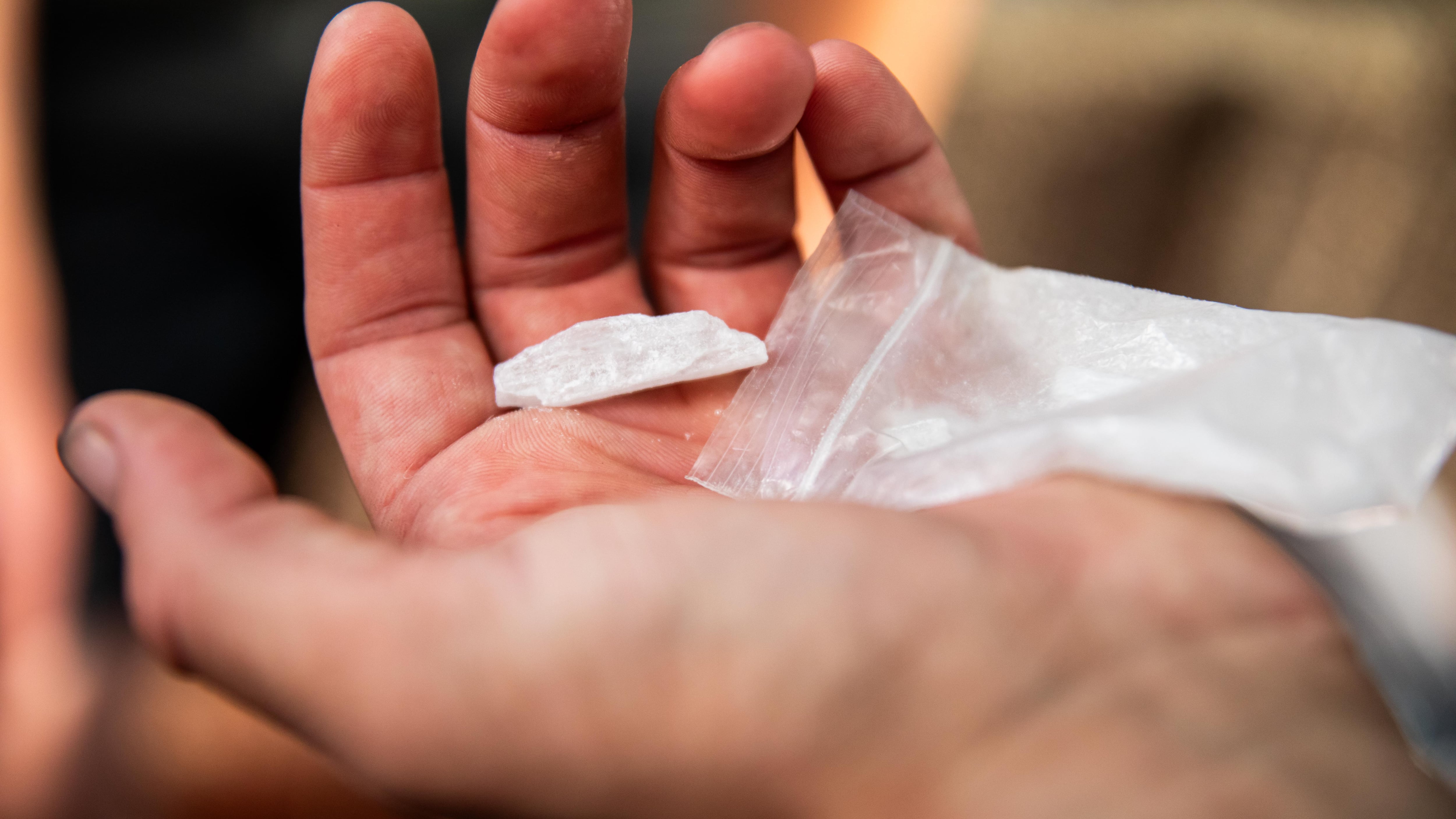An advocacy group is proposing radical changes to Measure 110, the 2020 ballot measure that decriminalized possession of hard drugs and routed hundreds of millions of tax dollars to addiction treatment and recovery.
On Monday morning, the group released its blueprint for an overhaul, which it pledges to pursue first at the Oregon Legislature and then, if lawmakers don’t acquiesce, refer to the November 2024 ballot.
The proposed ballot measure—there are two versions, both of which have been filed as ballot initiatives with the state and which the group plans to pursue until it settles on one—fundamentally changes much of Measure 110, which was approved by 60% of Oregon voters in 2020.
Since then, however, widespread and public use of fentanyl and other hard drugs has soured many Oregonians on the law, with more than half of likely voters saying they support a complete repeal, according to recent polling.
The proposal released today stops short of a complete repeal, but it attacks what critics see as the measure’s original sin: making drug treatment voluntary.
“Our goal is to fulfill the promise of Measure 110—more treatment, more quickly to more people,” the group, calling itself the Coalition to Fix and Improve Ballot Measure 110, said in a statement announcing the proposal. Initial donors backing the ballot measure are Columbia Sportswear CEO Tim Boyle ($300,000), Nike founder Phil Knight ($200,000), the Goodman family, which owns large swaths of downtown real estate ($100,000), Ed Maletis, owner of the Portland Bottling Company ($50,000), and real estate mogul Jordan Schnitzer ($50,000).
Advocates for Measure 110 say the proposals would divert money from new voluntary treatment programs, undermining efforts to address skyrocketing fatal overdoses and racial disparities in policing. “If [they] really want to reduce addiction in our communities they should join us in calling for more funding for effective and accessible voluntary treatment instead of wasting taxpayer dollars on a criminal system boondoggle,” said Tera Hurst, executive director of the Oregon Health Justice Recovery Alliance, an organization that advocates for implementation of Measure 110.
One version of the proposed measure, titled the “Fix & Improve M110 initiative,” would make it a misdemeanor to possess hard drugs or use them in public, and mandate treatment for “drug-dependent persons” charged with low-level crimes.
A second version includes all of that—as well as introducing automatic expungement of misdemeanor possession convictions following treatment, increasing penalties for repeat dealers, and proposing sweeping changes to how the state administers the funding of treatment programs. It would transfer oversight from the Oregon Health Authority to the Alcohol and Drug Policy Commission, which was created by legislators in 2009 to coordinate the state’s response to its lack of substance use disorder treatment.
The shift appears to be in response to an audit earlier this year that criticized OHA for delays in rolling out treatment grants and for failing to track whether the money was being used effectively. The commission would be required to fund only “evidence-informed prevention, treatment, recovery support, community harm reduction, enforcement services.” Whether this would jeopardize ongoing funding of existing programs is unclear.
The measure also tacks on heftier penalties for dealers, including one provision known as “Taylor’s Law” that would mandate lengthy prison sentences for drug dealing that leads to a death.
The group attempting the overhaul is led by Dan Lavey, a longtime political consultant and one of the two men behind the advocacy group People for Portland, and Max Williams, a former senior lawmaker, onetime director of the Oregon Department of Corrections, and ex-CEO of the Oregon Community Foundation.
The group will lobby legislators to make their proposed changes either during a special session or the February 2024 session, but chances that Democratic legislators will offer their full-throated support for the massive changes are slim. (Facing a spike in fentanyl deaths in Portland, the Oregon Legislature this spring made possession of fentanyl a misdemeanor again.)


